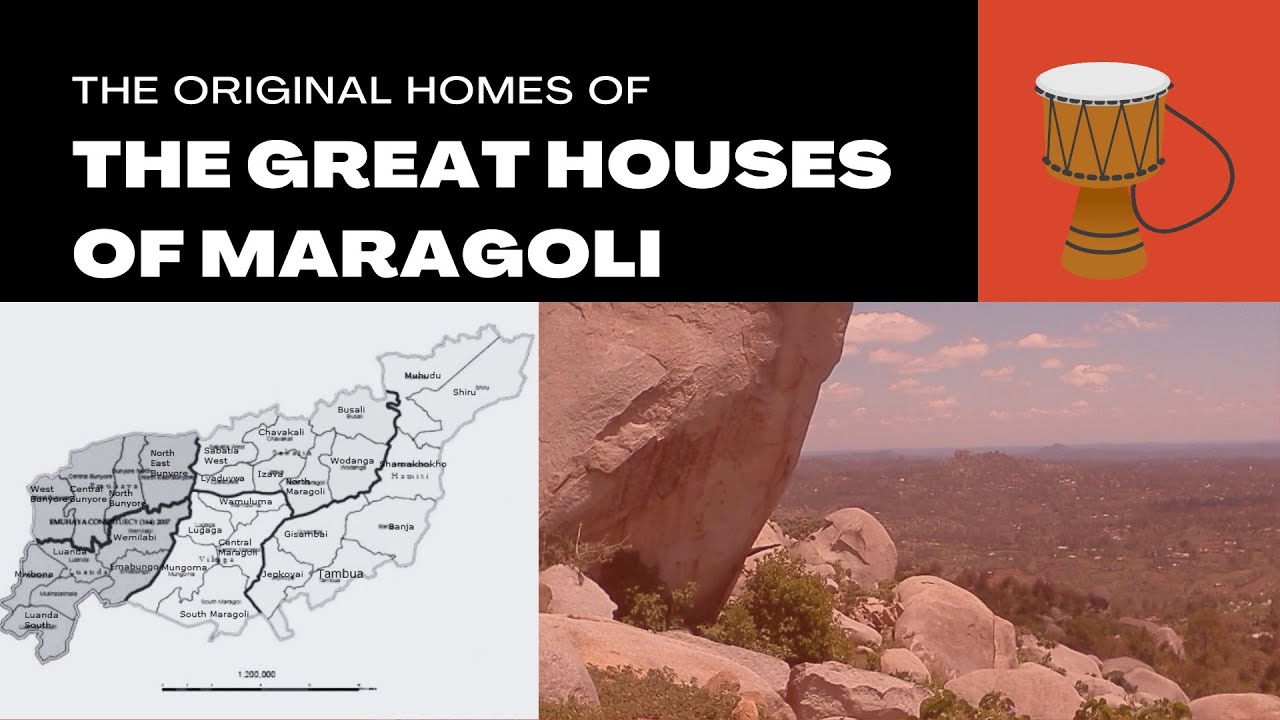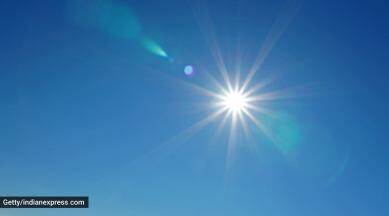
-
By:
- David Kedode
- 15 Comments
- Tags: Bantu, Culture, Kintu, Luhya, Maragoli
Maragoli Dictionary-Learning Maragoli
Today, we got pure Kimaragoli, Uloogoli, L’logoli or Maragori if you like. We have put up a list of common Maragoli words for the casual learner of the language of Andimi, I hope it will inspire you to learn your language.
Vuche: Means ‘good morning’. To answer back, you simply say vuche or vuche mno, meaning a good morning it really is.
Vwira or Imwami: Vwira is how one salutes another good evening in Maragoli language. One can also simply say imwami which means, ‘it has gotten/become dark’ or ‘darkness has fallen’.
Mbe Garaha: This is a common answer to the greeting mulembe among the Maragoli. It means ‘I am fine’. However, as often with African salutations, we find a deeper meaning if when we consider our cultures. For this greeting, the word garaha literally means ‘slow’ in Lulogooli. Therefore, when one answers mbe garaha when greeted, it could be taken to mean that life is slowly ebbing on with no drama or upheavals. Therefore, they are ‘cool’ or ‘tranquil’, chilled out, so to say.
Sandiza: In strict terms, this Maragoli word means: thank you. However, more commonly, sandiza is used to mean that the person is grateful or appreciates one thing or another.
Uzizagila ndi?: How are you doing? Precisely, it means: how are you faring on? In Kiswahili it also means unaendelea vipi?
Vurahi: In the context of greetings, it means am good. With regards to everyday conversation, vurahi means ‘well’. In Kiswahili Vurahi means, vyema.
Vudiku: also night in English and Usiku in Kiswahili.

Kisundi: Also darkness in English and Giza in Kiswahili.

Umbasu: The sun or daytime In English. In Kiswahili, it may mean Jua or mchana.

Karunu: In English Today or now. In Kiswahili Karunu means leo.
Mgorova: In English this word is translated as Yesterday and In Kiswahili, the same word is translated as Jana.
Mgamba: In English this word also means Tomorrow and in Kiswahili it means Kesho.
Muhiga: Muhiga means year in Lulogooli. For example, muhiga gwa ’76 is the year 1976. To say years, one says mihiga. For example, Mihiga gya Kenyatta in reference to the years in which President Jomo Kenyatta the founding father of Kenya ruled.
Umwimani: Refers to a person who is selfish. Not generous.
Mbeku: It means ‘please help me with’. Such as in, mbeku isoda; meaning: please give me a soda.
Agirigari: The truth.
Uveshi: Lies.
Umwimani: Refers to a person who is selfish. Not generous.
Mbeku: It means ‘please help me with’. Such as in, mbeku isoda; meaning: please give me a soda.
Agirigari: The truth.
Uveshi: Lies.
Uvwoni: Evil or trouble. On the other hand, this word sounds like the Maragoli word for the fish delicacy omena or daggaa – uvuoni.
Sieva: Dance.
Asande: Thank You.
Inzira: Road.
Muiduka: In the shop. In Swahili duka is shop. It is a word with Indian roots. However, the Maragoli word kuduka means ‘to arrive’ or to get to a place.
Mu chandangu: Chandangu is the veranda area/ backyard of traditional Maragoli house.
Murimi: Murimi is the Maragoli word for land, particularly arable land. For example, one can say murimi gwa baba. Translated, this would mean: Baba’s shamba.
Hamba: In Kiswahili is Kuja and in English Come.
Hamba hano: In Kiswahili: Kuja hapa and in English: Come here
Zia: In Kiswahili: Enda: In English: Go
Zia hira: In Kiswahili: Enda kule: In English: Go there.
Iridiku: In Kiswahili: Siku. In English: Day
Irisiza: In Kiswahili: Wiki. In English: Week
Karunu: In Kiswahili, leo. In English: Today
Also Read: The Twelve Months of The Year in Maragoli – David Kedode
Amigizu: In Kiswahili: Mafunzo in English: Lessons
Mima: In Kiswahili: Tabia in English: Behavior
Kukara: In Kiswahili: Kukata and English, To cut.
Kukaranya: In Kiswahili: Kukatakata and English, To cut into pieces.
Gura: In Kiswahili, nunua and in English: Buy
Kugura: In Kiswahili, kununua, In English: To buy.

15 comments
Hello, I am a native speaker of Llogoli and have compiled quite a few words. I would like to work with someone like you to expand on what you have written. Please get in touch. Many thanks.
Hi sister Vihenda, I will be glad we work together. Kindly check your mail. Thank you.
Actually it’s great great that you’ve taken this initiative. Bravo!
Thank you so much sister.
I would like to learn how to speak lulogori freely. I understand well when one talks to me but I am not able to answer back.
Hi Nixon, thank you for visiting my site and finding it helpful. Yes, we need to learn our mother tongue, continue following and sharing the links to others, very soon you will see something on how you can learn our mother tongue. Thank you.
How much is the cost of the whole dictionary?
Hi Geoffrey, I am not selling anything, I am providing these information for free for our people. Maybe if you wish you can donate to this cause. Thank you.
I am very happ y that i can now speak maragoli well.asande!
Hi Judith,
Thank you for taking time and going through my blog and I am happy it became helpful to you and your level of Kimara really improved. Which area really was great for you? Kindly share with me because currently I am adding more information, soon you will be seeing them. Thank you again.
Thanks for the lesson…I would really love to speak maragoli language..am a kikuyu married to maragoli…home ni chavakali
Thank you so much Esther. Karibu nyumbani, I hope you’re enjoying. We will keep adding up more so that you continue to learn. Also to help you, You see just like you read Swahili words, that’s how you read Maragoli words too.
great work.Is there a way of acessing the maragoli dictionary?esp for my kids
Hi brother Mugadira, thank you for reading through my work, Prof. Kabaji was putting up a Maragoli Dictionary for a while now, I am not sure if he has published it.